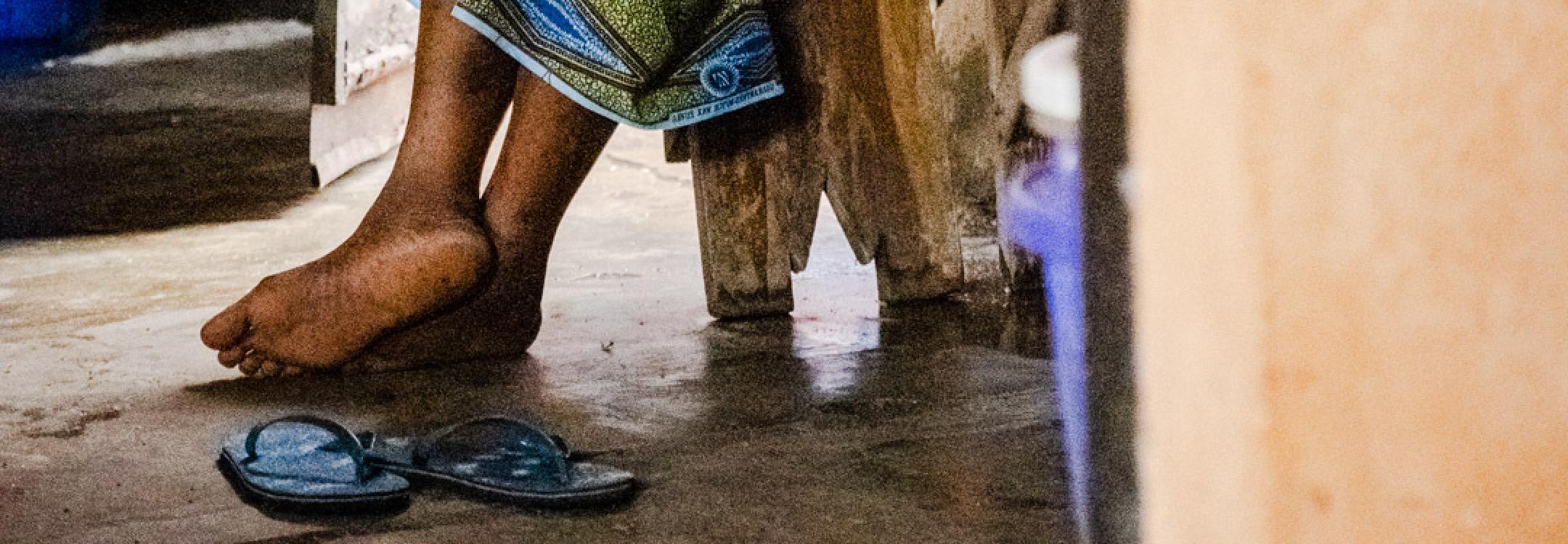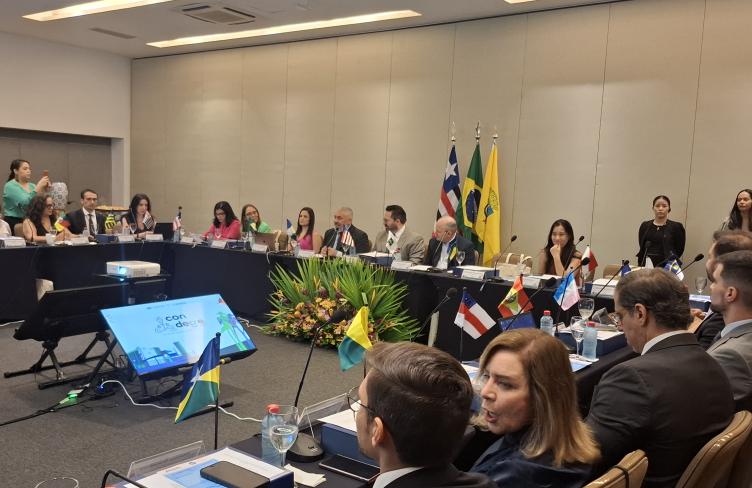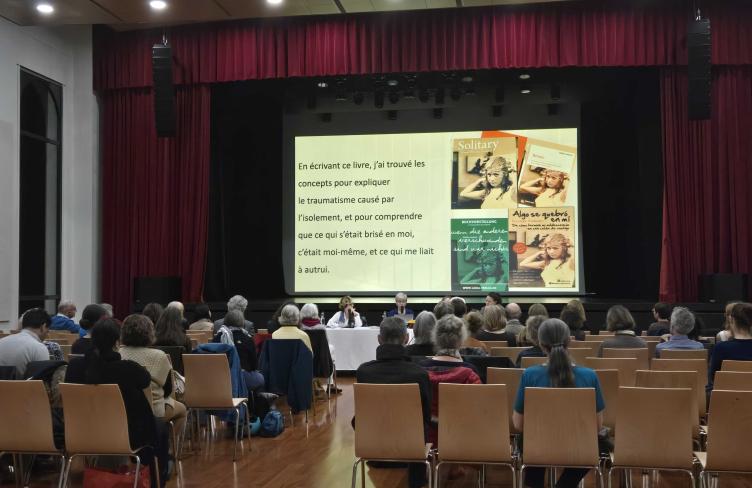
With the number of women in prison in Africa increased by more than 55% over the past 20 years, representatives from independent national monitoring bodies across the continent took part in an APT webinar to share their insights on strategies to better protect the rights of women deprived of liberty.
The webinar, held on 13 July 2023, included representatives from 13 national preventive mechanisms (NPMs), independent monitoring bodies established under the Optional Protocol to the UN Convention against Torture.
NPM participants noted that many women who end up in prison in Africa have been victims of gender-based violence, human trafficking and exploitation by criminal networks, are exposed to coercive relationships, suffer from mental health issues, have poor education and are in situations of poverty.
In addition, many women in Africa are prosecuted for non-violent crimes, drug-related offences and perceived gender-related offences, such as abortion, sex outside marriage and sex work. Most incarcerated women are also mothers or primary carers.
APT Vice President Florence Simbiri-Jaoko told the webinar that, for most women, prison is not the right response.
Changing this requires a mindset change in society generally but, more specifically, in the criminal justice system. It is key to engage with judges, prosecutors and investigative agencies to have more robust law review mechanisms and explore diversion programs to ensure that women offenders who commit petty crimes do not end up in detention”
Drawing on information gathered during their visits to places of detention, NPM representatives identified common issues and challenges across Africa, including:
- Few dedicated prisons for women – and sometimes none – in countries across Africa, with many women detained in separate units within general prisons, that are often not customized to cater for women specific needs.
- Lack of substantive data on women deprived of liberty, including the specific pathways to women’s offending and incarceration
- Lack of adequate gender-specific sanitation and health care services
- Discrimination and abuse faced by women deprived of liberty
- High numbers of women held in pre-trial detention, and often for long periods of time, which also impacts on the women’s children and families
- Increased number of young women being imprisoned, many of them for poverty and drug-related offences.
Participants also shared good practices that have strengthened their monitoring and advocacy efforts, including:
- Carrying out thematic visits and publishing reports on women deprived of liberty, to give increased visibility to the issue
- Ensuring that the visiting teams always include women monitors
- Developing monitoring tools that address the specific issues and needs of women deprived of liberty, based on the relevant international standards
- Engaging with civil society organisations, legal actors, and other relevant stakeholders
- Holding regular meetings with the relevant authorities.
“The webinar was a very rich discussion on this important issue and also helped strengthen relationships and cooperation between NPMs in Africa,” said Veronica Filippeschi, APT Senior Adviser on Vulnerabilities and Policy.
“The APT will continue to work closely with oversight mechanisms and other actors, across Africa and globally, to improve the treatment of women deprived of liberty and promote the use of gender-responsive alternative measures to detention for women,” Ms Filippeschi said.




